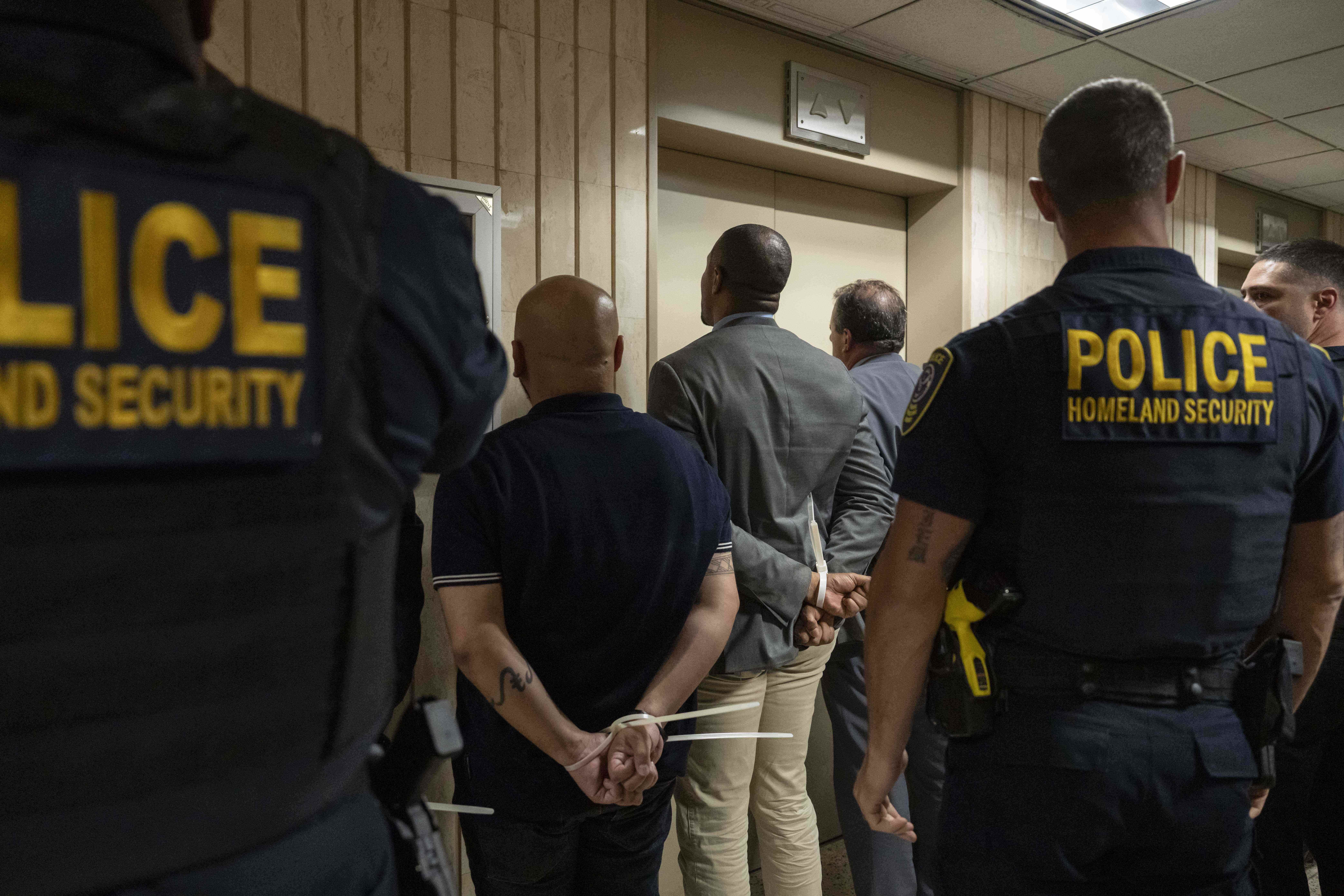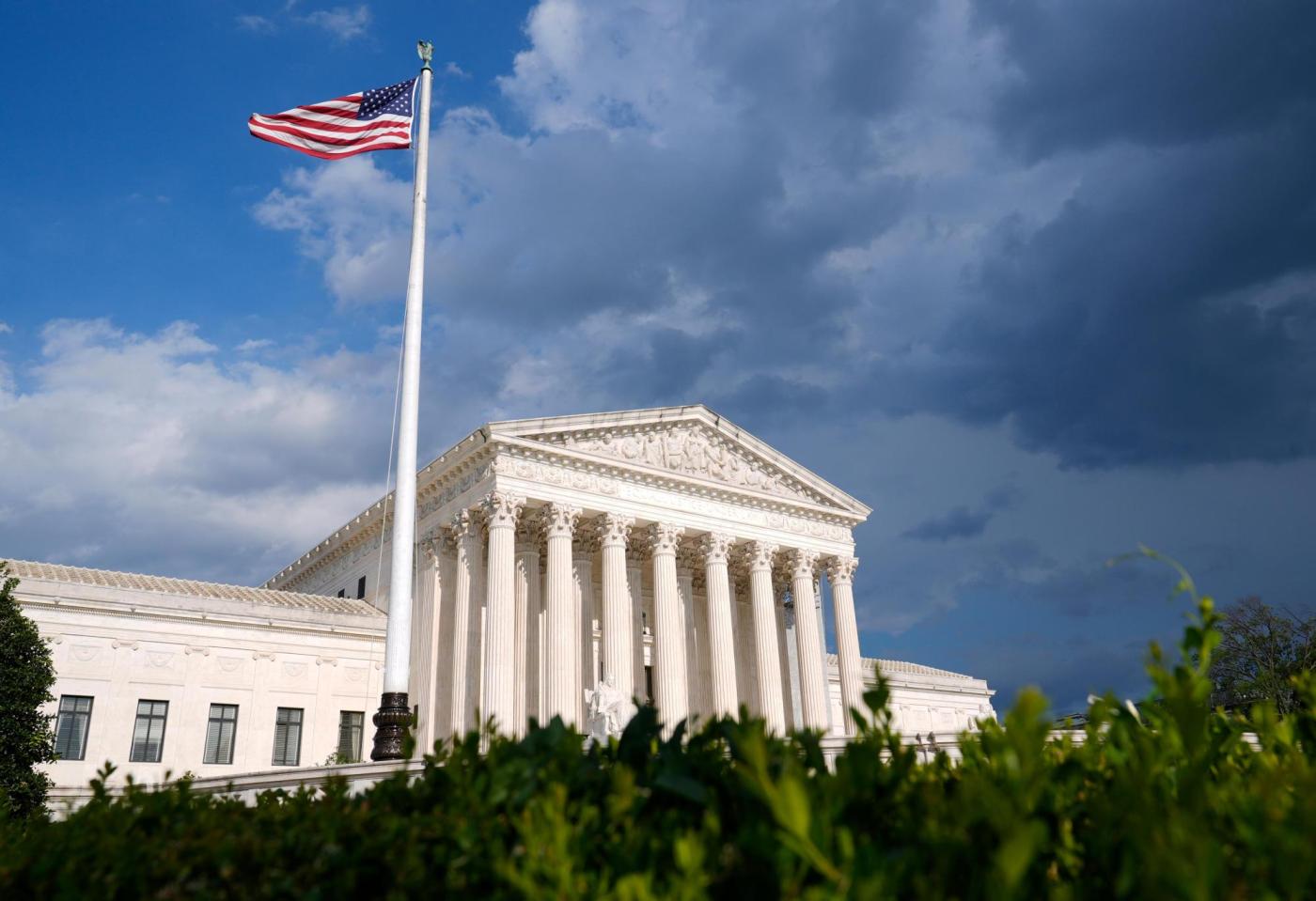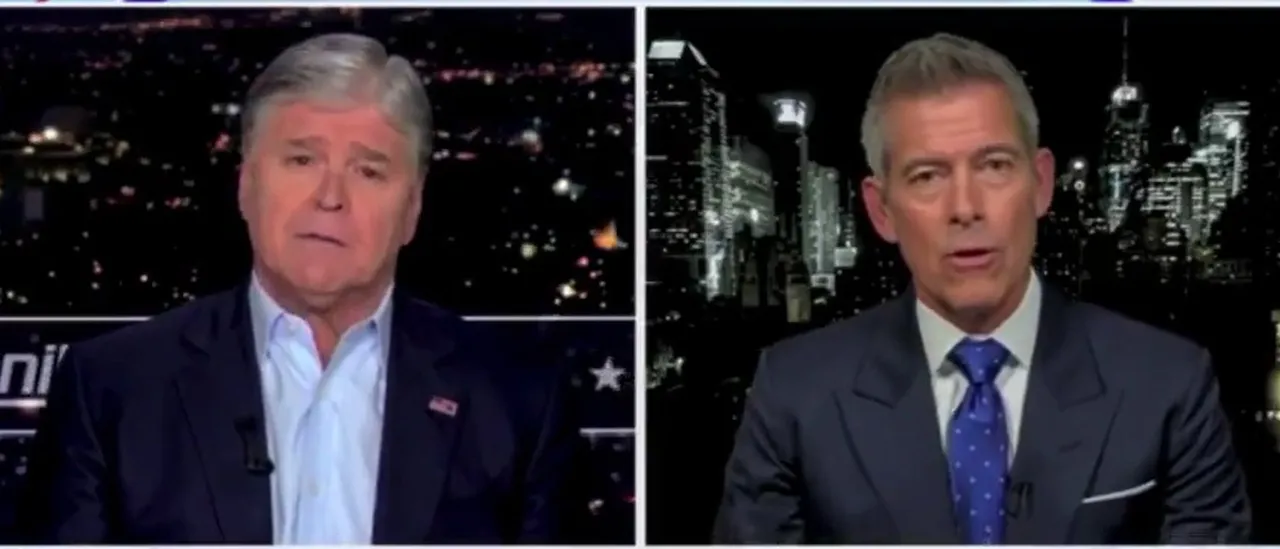The post Indian Court XRP Ruling May Complicate WazirX Hack Claims Process appeared com. COINOTAG recommends • Exchange signup 💹 Trade with pro tools Fast execution, robust charts, clean risk controls. 👉 Open account → COINOTAG recommends • Exchange signup 🚀 Smooth orders, clear control Advanced order types and market depth in one view. 👉 Create account → COINOTAG recommends • Exchange signup 📈 Clarity in volatile markets Plan entries & exits, manage positions with discipline. 👉 Sign up → COINOTAG recommends • Exchange signup ⚡ Speed, depth, reliability Execute confidently when timing matters. 👉 Open account → COINOTAG recommends • Exchange signup 🧭 A focused workflow for traders Alerts, watchlists, and a repeatable process. 👉 Get started → COINOTAG recommends • Exchange signup ✅ Data‑driven decisions Focus on process-not noise. 👉 Sign up → The Madras High Court in India has ordered WazirX’s operator, Zanmai Labs, to provide a bank guarantee of approximately $11,800 for a user’s frozen 3, 532 XRP tokens following a 2024 cyberattack that stole $235 million in assets. This ruling recognizes cryptocurrency as property held in trust, potentially complicating WazirX’s Singapore-based restructuring for Indian users. Madras High Court mandates bank guarantee for WazirX user’s XRP holdings post-hack. Ruling affirms cryptocurrency as possessable property under Indian law, enabling trust-based claims. WazirX’s $235 million loss from 2024 hack leaves insufficient tokens for user liabilities, per court documents. Discover how the Indian court’s WazirX ruling impacts crypto users after the $235M hack. Explore restructuring plans and legal implications for exchanges. Stay informed on crypto regulations today. What is the significance of the Madras High Court ruling on WazirX cryptocurrency claims? The Madras High Court ruling on WazirX marks a pivotal moment in recognizing cryptocurrencies as legal property in India. Delivered on Saturday by Justice N. Anand Venkatesh, the decision requires WazirX’s operator, Zanmai Labs, to issue a bank guarantee worth about $11,800 to.
Category: law
El cambio de táctica se produce tras meses de detenciones físicamente intensas, donde personas que acuden al tribunal han sido derribados al piso por el ICE.
Madras High Court confirms crypto can be owned and held in trust. WazirX has been barred from redistributing investors’ unaffected XRP holdings. Ruling strengthens investor rights and Web3 governance in India. In a landmark ruling that could reshape cryptocurrency in India, the Madras High Court has declared that cryptocurrencies qualify as property under Indian law. [.] The post Cryptocurrency is as ‘property’ under Indian law, rules Madras High Court appeared first.
The Washington Capitals are 6-3-0 to start their defense of the Metropolitan Division title in 2025-26. An NHL investigation ended on Sunday that changes Spencer Carbery’s staff for that defense. The Capitals have fired assistant coach Mitch Love after an NHL investigation into domestic abuse accusations. “Sources say NHL has suspended [Capitals] assistant coach Mitch [.] The post Capitals assistant coach fired after domestic abuse investigation appeared first on ClutchPoints.
EDITORS NOTE: Earlier this week, Journal Star reporter Peter Breen wrote about how former Lincoln Police Department officer and FBI detective Jeff Howard’s career took a turn while investigating a 1997 rape.
How a 2018 Supreme Court decision paved the way for meteoric growth in legal sports betting
‘I am doing a quick review of their lack of compliance’
Report: Carl Lawson agrees to terms with Ravens






